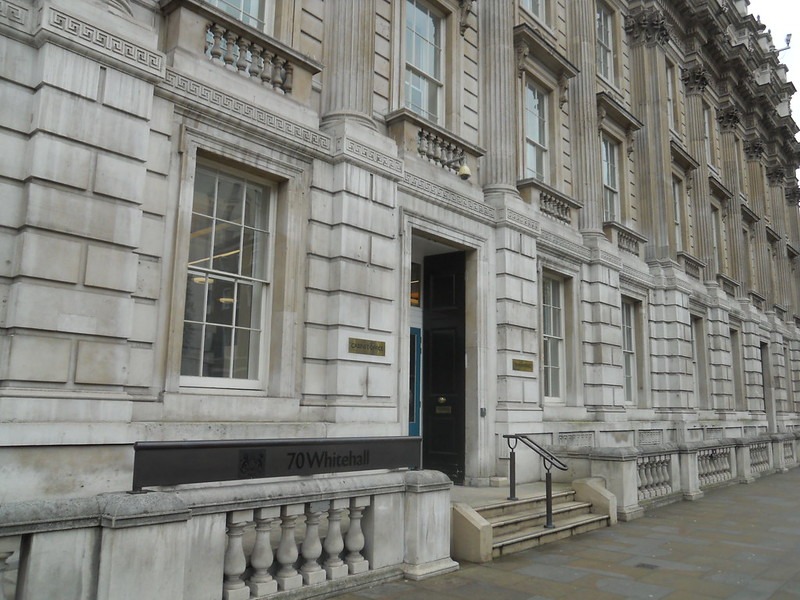Universities not ready for “demographic uplift” warns former universities minister
The former universities minister, Chris Skidmore, has warned that universities may not be ready for increased student numbers predicted in the next decade.
Mr Skidmore expects that increasing student numbers will be the “single biggest feature of the decade” and indicated that there is a “desire to increase international student numbers to 600,000 by 2030”.
He suspects universities are not ready for the predicted influx of new students due to “recent shortages of accommodation”. Mr Skidmore previously spoke out against private landlords in March 2019 for “exploiting vulnerable students”.
He also called for a “period of stability” in higher education funding, as well as seeking an end to “university-bashing” by the government.
The former universities minister was sacked by Boris Johnson on 13 February in a post-Brexit government reshuffle.
During his time as minister, Mr Skidmore helped reintroduce a two-year visa scheme for graduates. The visa allows them to search for and work any skill level job for two years after their graduation.
He also spoke of providing a “government guarantee” to the Erasmus+ programme in the wake of Brexit. The future of the programme for UK students has not been confirmed and will depend on the negotiations between the UK and EU.
What is needed is a period of stability, particularly around finances, so that universities can plan effectively for their future, rather than the current annual exercise of setting fees
Mr Skidmore said that he aimed to end “university bashing for the sake of a few cheap headlines”, and that “[UK] universities are a world leading success”.
He also said that a “change in tone” between government and university relations was “more likely to enact real change than press releases”. His predecessor, Sam Gyimah, had criticised universities for restricting free speech by de-platforming speakers.
The former minister has been a known opponent of the Augar review’s plan to cut tuition fees because he believes they would reduce funding. He also passed legislation that increased possible yearly fees for a two-year course to £11,000.
“What is needed is a period of stability, particularly around finances, so that universities can plan effectively for their future, rather than the current annual exercise of setting fees,” Mr Skidmore said.
He also passed a real-terms increase in research funding for universities, the first such increase since 2009. Mr Skidmore added: “Making people the focus of research investment was a theme of my first speeches.”
The universities minister is now Michelle Donelan, who has not previously held a government position.

Comments